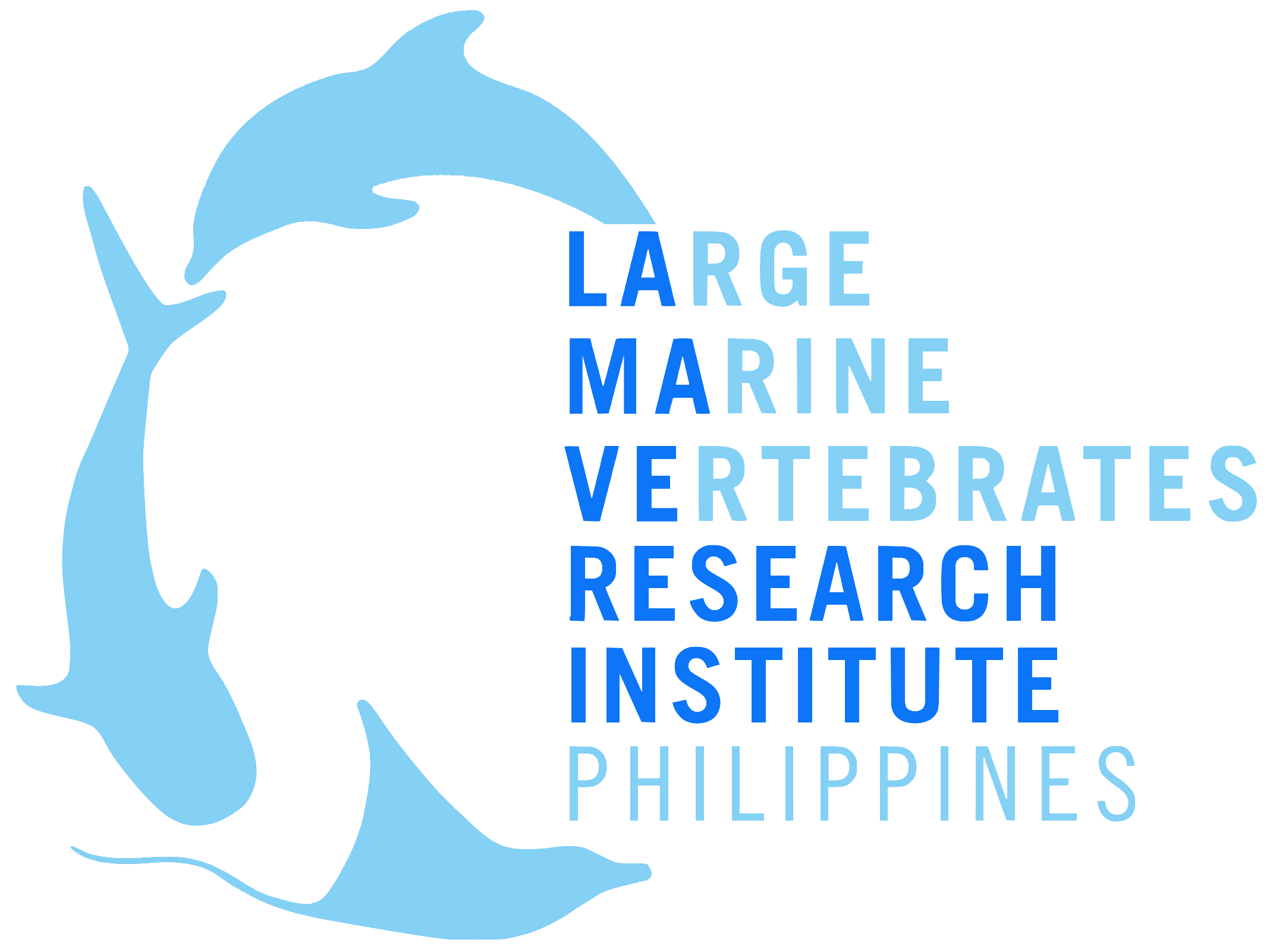Press Release
A new study finds that working in wildlife tourism can act as an incentive for the conservation of marine species
Philippines. 22 March 2021, A new study by researchers from the University of Victoria (CA) and Large Marine Vertebrates Research Institute Philippines has found that working in wildlife tourism can act as an incentive for the conservation of marine species. Community-based whale shark tourism workers had more protectionist views, recognising the inherent value of wildlife, and were more likely to report positive changes in their attitudes and behaviours to protect whale sharks.
Several studies have documented the impact of wildlife tourism on the tourists, but this is the first to explore the relationship between wildlife value orientations, and conservation attitudes and behaviours of locals working in community-based wildlife tourism.
Whale shark Spotter Baloy Cordova in Pintuyan, Southern Leyte. Butanding Interaction Officer (whale shark tour guide) Gerry Laguilles in Donsol.
The Philippines is one of the only places in the world with multiple community-based whale shark tourism sites thus allowing a comparison of tourism sites. Between 2016-2017 the research team led by Dr. Jackie Ziegler conducted 114 interviews across four different community-based whale shark tourism sites in the Philippines: Talisayan a failed tourism site in Misamis Oriental, Donsol a mid-tier site in Sorsogon, Pintuyan a small-scale site in Southern Leyte, and Oslob a mass tourism site in Cebu (Figure 1.).
Figure 1. Description of each of the four community-based whale shark tourism sites in the Philippines.
Interviewees at each site were asked whether they had changed their behaviour to protect whale sharks and the ocean since tourism started, whether they thought whale sharks should be protected from being killed and whether the Philippines will change if whale sharks become extinct.
The analysis showed that respondents who worked in tourism recognized more the inherent value of wildlife than those from a failed tourism site, demonstrating that tourism can have the power to change communities by encouraging them to value their marine resources and be incentivized to protect those resources. Respondents reported more conservation outcomes, including changes in attitudes and behaviours to protect whale sharks.
The researchers identified three groups of varying beliefs regarding the value of marine wildlife. On one end of the spectrum, there was a group whose beliefs were closely aligned with the idea that the main value of wildlife is providing for humans; the highest proportion of respondents in this group were from the failed site in Talisayan. On the other end of the scale was a group who believe that marine wildlife has value whether or not humans’ benefit (high protectionist group); the highest proportion of respondents in this group were from Donsol (mid-tier site). The beliefs of the middle group lay between the two. Respondents from Pintuyan (small-scale site) were evenly split between the high protectionist group and the middle group, while respondents from Oslob (mass-tourism site) fell across all three groups.
The study found that the scale and/or length of tourism operations is important and that the proportion of respondents in the high protectionist group is larger at smaller-scale tourism sites and those that had been open the longest, rather than those that provide the greatest economic incentives.
Up until now, previous research has focused on the values that tourists associate with wildlife, rather than local operators. This study provides a valuable insight into the influence tourism can have on local tour operators to the conservation of marine species. Further studies should expand to wider community members to gain a better understanding of locals’ relationships with marine wildlife beyond those who work directly in tourism.
A PDF version of this Press Release can be downloaded HERE.
Notes to Editors:
The study by Ziegler et al., titled ‘Exploring the wildlife value orientations of locals working in community-based marine wildlife tourism in the Philippines’ is published in the journal Tourism in Marine Environments and is available here: https://doi.org/10.3727/154427321X16101028725332
For more information or to arrange an interview please contact Sally Snow, email: s.snow[at]lamave.org Photos are available upon request.
Lead author Jackie Ziegler completed her PhD with the Marine Protected Areas Research Group at the University of Victoria, Canada. Her main research interests are in the intersection between tourism and biodiversity conservation, with a focus on the marine environment.
Large Marine Vertebrates Research Institute Philippines (LAMAVE) is the largest independent non-profit non-governmental organization dedicated to the conservation of marine megafauna and their habitats in the Philippines. LAMAVE strives for conservation through scientific research, policy and education. For more information visit: www.lamave.org | Facebook | Instagram | Twitter.


